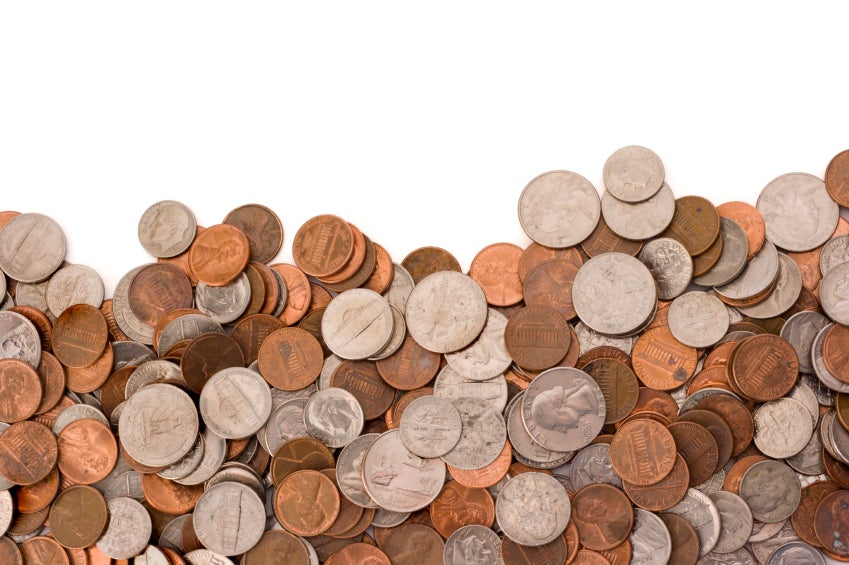COLUMN: Change in the air (but not your pocket)
Published 10:02 pm Monday, July 20, 2020

- A coin shortage is resulting in some businesses not accepting cash as a form of payment. (File)
|
Getting your Trinity Audio player ready...
|
By SCOTT MIMS / Staff Writer
I went to buy lunch in Columbiana the other day when I was greeted with a sign that read something like, “Card or exact change only, please” when preparing to make my transaction.
This was not a problem for me, as it’s common for me to use my bank’s debit card when making such transactions, and also because during the COVID-19 pandemic, lots of people don’t want to touch cash money, because it’s among the dirtiest things that you can touch—even if we’re not sure how likely it is to contract coronavirus from physical surfaces.
Some businesses have temporarily cut out cash altogether as an accepted form of payment. I can see how this could pose a problem for those who are not prepared.
Anyway, according to the Federal Reserve, the pandemic has “significantly disrupted the supply chain and normal circulation patterns for U.S. coin” and “In the past few months, coin deposits from depository institutions to the Federal Reserve have declined significantly and the U.S. Mint’s production of coin also decreased due to measures put in place to protect its employees.”
So last month, the Federal Reserve started allocating certain amounts of quarters, dimes, nickels and pennies to banks and will adjust these allocations as the coin “shortage” improves; however, the Reserve also stated that this strategy alone won’t be enough to completely resolve the issue.
The good news? We have multiple ways of paying for things. Even if the economy does not recover as fast as we’d like it to (and you and I both know that is not going to happen), we do have other options.
One way you can help is by depositing your extra change at your bank or exchanging it for paper money. This can also be done at coin counting machines, if there is one available in your area. This is effectively putting the coinage back into circulation. So it might be a good opportunity to dig through your couch cushions, your vehicle console or your coat pockets for that extra bit of coin change lying around.
You can even clean your old coins with vinegar and salt (lemon juice and salt also works; you can find many solutions online). This is a good idea before depositing or exchanging them.
One little trick I’ve used—if you have enough coins to do it—ensures that you will have exact change for every transaction. Before leaving home, put three quarters, two dimes, one nickel and four pennies in your pocket. Repeat this for each transaction you plan to make. Then, you’ll have exact change every time.
FYI, the number of nickels and dimes can be flip-flopped (i.e., three quarters, one dime, two nickels and four pennies) and it still works—with this method, the total is $0.99 instead of $1.04.
That is, of course, unless you drop a coin under your car seat. Those things are black holes when it comes to lost objects.









